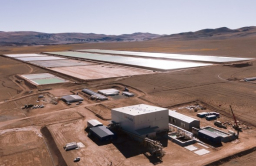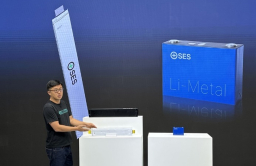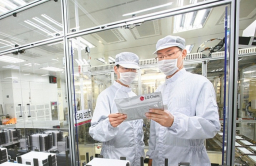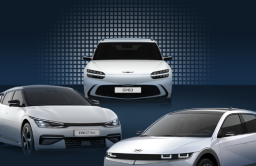-
KOSPI 2577.27 -2.21 -0.09%
-
KOSDAQ 722.52 -7.07 -0.97%
-
KOSPI200 341.49 +0.02 +0.01%
-
USD/KRW 1396 -2.00 0.14%
Hyundai Motor signs 4-year lithium deal with Ganfeng Lithium
Batteries
Hyundai Motor signs 4-year lithium deal with Ganfeng Lithium
This is the Korean auto giant’s second deal in as many weeks to obtain lithium hydroxide directly from its producer
By
Jan 19, 2024 (Gmt+09:00)
2
Min read
News+
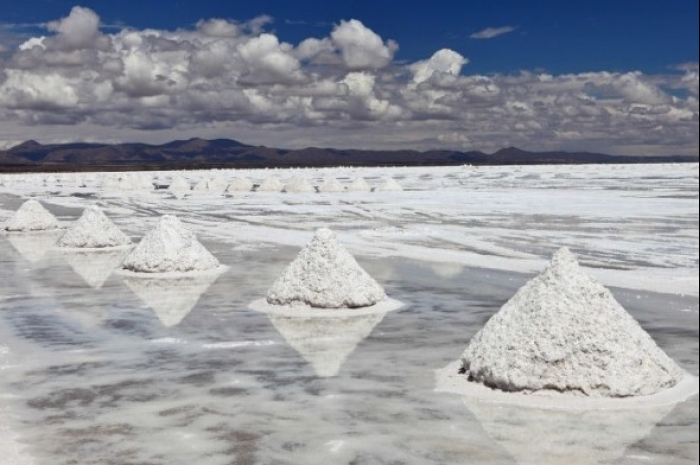
Hyundai Motor Group will acquire lithium hydroxide, a key raw material for electric vehicle batteries, from the world’s No. 1 supplier Ganfeng Lithium Group Co. in its second deal of its kind this year to gain the upper hand in the EV materials price war.
Ganfeng Lithium on Thursday announced that it has inked a contract to supply South Korea’s No. 1 auto group, parent of Hyundai Motor Co. and Kia Corp., lithium hydroxide for four years starting January 1, 2024.
It did not disclose the deal's details, including the financial terms and total supply volume.
The deal news comes less than two weeks after the Korean auto giant signed a purchase agreement for lithium hydroxide with another Chinese supplier Shenzhen Chengxin Lithium Group Co. over the next four years.
It was the first-ever deal for Hyundai Motor to directly secure a key raw material for EV batteries.
The Korean auto behemoth stayed somewhat muted until recently while its global peers, such as General Motors Co., Tesla Inc., Volkswagen Group and Stellantis NV, have rushed to buy stakes in lithium mines and smelting companies across the world to secure key raw materials for EV batteries.
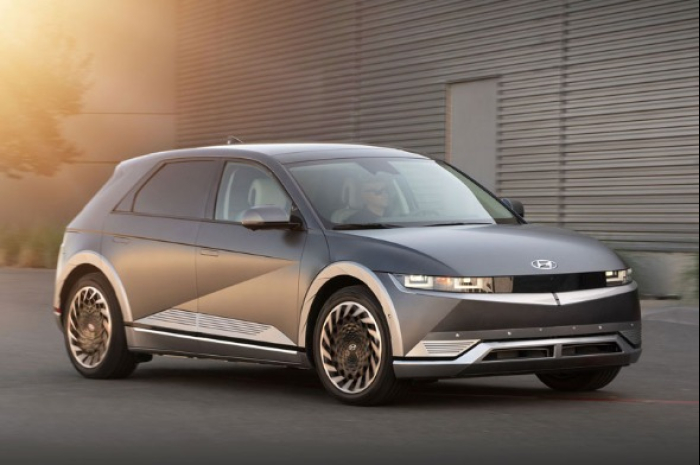
The latest change in Hyundai Motor’s stance to stockpile key battery materials comes in response to a plunge in lithium prices since last year amid growing oversupply concerns across the world.
Analysts expect the ample reserve of key battery materials secured at competitive prices will protect the Korean carmaker from any volatile price moves, like a sudden lithium price spike, later.
It is also expected to help Hyundai Motor gain the upper hand during price negotiations with battery makers.
STABLE SUPPLY CHAIN FOR A TOP-TIER GREEN CAR BRAND
Ganfeng Lithium is the world’s largest lithium producer, supplying the key battery material to global EV majors, including Tesla, Volkswagen and BMW.
Demand for lithium hydroxide as a key raw material in high-nickel cathodes is growing because its mix-in with nickel contributes to higher energy density and better charge-discharge performance in EV batteries.
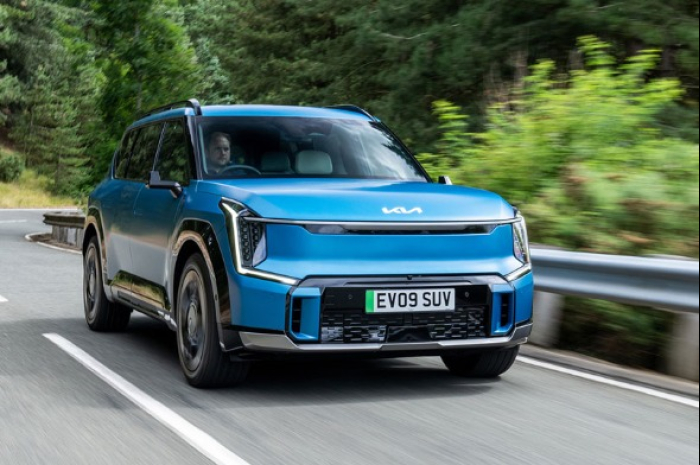
Amid the fast migration to electrification in the mobility industry, demand for lithium and other key battery materials is set to rise.
According to Bloomberg NEF, the demand for lithium hydroxide is forecast to jump to 1.1 million tons of lithium carbonate equivalent (t LCE) by 2030, 10 times more than in 2020.
Hyundai Motor has been striving to strengthen its battery materials supply chain.
In August it signed an agreement with Korea Zinc Inc. to jointly secure raw materials for nickel and explore new business opportunities such as used-battery recycling.
It even invested $100 million in US-based EV battery startup SES AI Corp. in 2021 to obtain next-generation technologies for its in-house battery development.
Hyundai Motor Group in June last year set out its vision to become a top-tier eco-friendly auto brand by accelerating its electrification.
Hyundai Motor aims to sell 2 million EVs by 2030 and its affiliate Kia is targeting the sale of 1.6 million units of clean vehicles by then.
Write to Nan-Sae Bin at binthere@hankyung.com
Sookyung Seo edited this article.
More To Read
-
Jan 18, 2024 (Gmt+09:00)
-
Jan 11, 2024 (Gmt+09:00)
-
Dec 13, 2023 (Gmt+09:00)
-
Dec 12, 2023 (Gmt+09:00)
-
Aug 30, 2023 (Gmt+09:00)
-
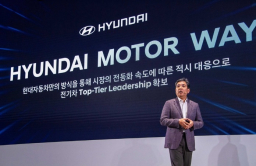 Electric vehiclesHyundai Motor Way: New strategy to accelerate EV push
Electric vehiclesHyundai Motor Way: New strategy to accelerate EV pushJun 20, 2023 (Gmt+09:00)



